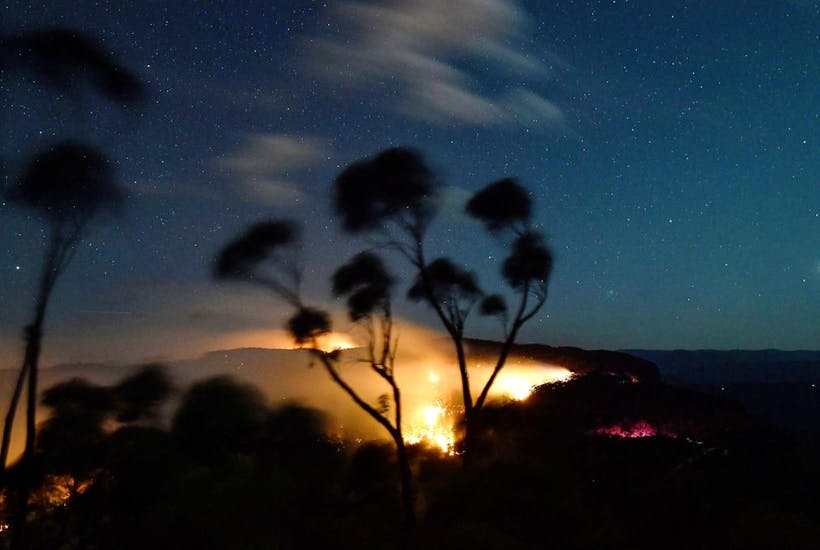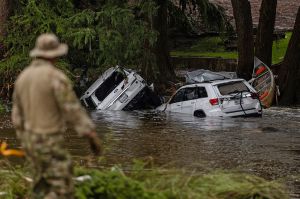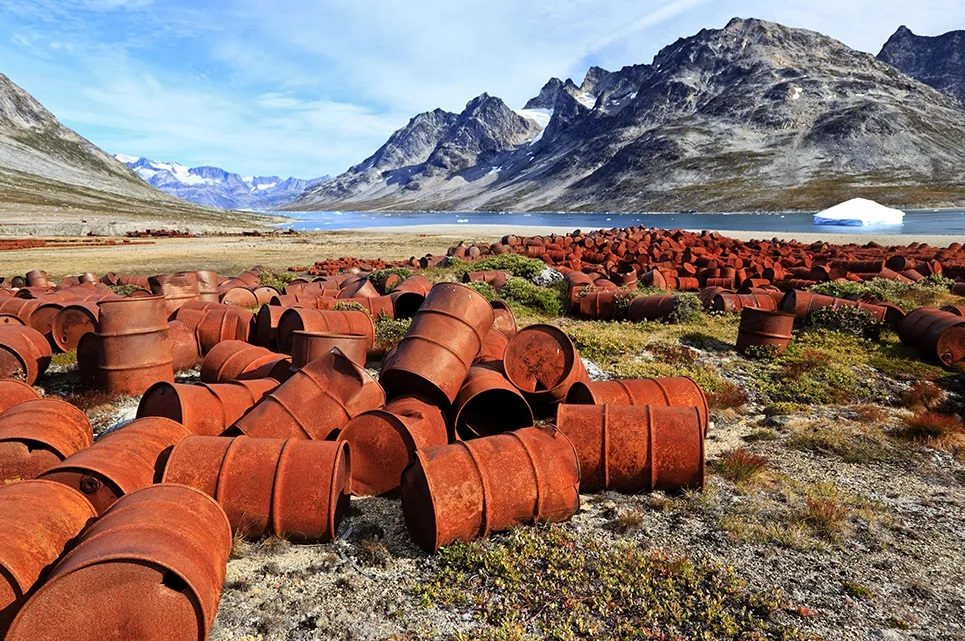Why can’t the great and good of the climate establishment mention higher temperatures, disappearing sea ice and rising sea levels without also throwing in floods, droughts, hurricanes and wildfires?
Al Gore does it, David Attenborough does it and UN Secretary-General António Guterres did it at the opening of his annual climate beanfeast in Spain on Monday. You know the sort of thing: we’re heading for more extreme weather, ‘weather weirding’ or whatever. There is hardly a single adverse weather condition which does not now attract some comment blaming it on man-made climate change.
It matters because while there is good evidence of rising temperatures, evidence for wilder weather is tenuous at best.
The World Meteorological Organization (WMO) published its preliminary observations for 2019 on Tuesday. Averaged global temperatures for the first 10 months of this year, it claims, were 1.1 Celsius above what it likes to call ‘pre-industrial’ levels.
The evidence for a warming trend is pretty substantial — the WMO takes into account five different datasets from five different sources, all of which tell a similar story. You can get an idea of the rising trend by looking at the balance of temperature records broken. One record in one location doesn’t mean very much, as weather events are pretty random and the more thermometers are deployed around the world, the more records are inevitably going to get broken. But the preponderance of high records over low ones points to rising temperatures. It is pretty beyond doubt, too, that sea levels are rising and Arctic ice is shrinking year or year.
But the extreme weather stuff? Heatwaves apart — where temperatures are tending to nudge higher than in previous heatwaves — the growing idea that we are being consumed by fire and tempest is a triumph of assertion over evidence.
In August, the National Oceanic and Atmospheric Administration (NOAA) put out a research note saying that it is ‘premature to conclude with high confidence that human activity — and particularly greenhouse warming — has already caused a detectable change in Atlantic hurricane activity’.
Even the models, it observed, don’t support the idea that we can expect more and stronger storms in future. Those that do occur, it predicts, will be a little stronger, with maximum wind speeds between 1 and 10 percent stronger, but that would only be when global temperatures reached 2 Celsius above early 19th-century levels.
The WMO observations have been widely reported today for suggesting 2019 is likely to turn out to be the second or third warmest year ever recorded. Yet the most remarkable sentence in the report has gone entirely unreported. It is this:
‘Fire activity in the Amazon basin was also higher than in recent years, particularly in August, although it fell well short of previous severe drought years such as 2010. The number of reported fires in Brazil’s Amazonia region was only slightly above the 10-year average.’
That might just come as a surprise to those who remember August, when footage of fires in the Amazon led French president Macron and other world leaders into a panic.
The world, apparently, is ‘on fire’ — never mind that wildfires are a natural as well as man-made phenomenon and have been happening for as long as the Earth has had trees. In the United States — subject of last year’s panic — the acreage burned has fallen substantially over the past century, largely on account of firefighters getting better at fighting them. It is the same with other severe weather events measured this year: they might look dramatic but it is hard to find a single thing, except for possibly the driest year recorded over much of Australia, which does not have a precedent.
The world is getting warmer, that much is clear. But the evidence for that needs to be dissociated from the tendency of some campaigners to try to pin every piece of adverse weather on man-made climate change.
This article was originally published on The Spectator’s UK website.


























